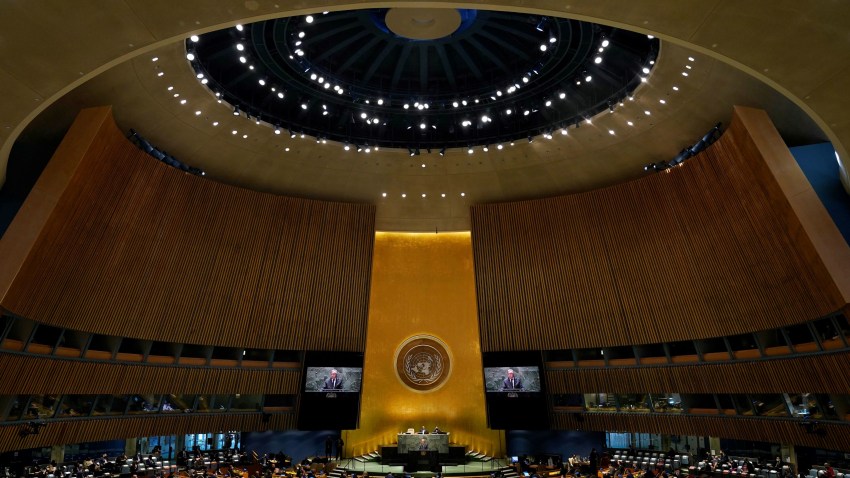After an inauspicious beginning, 2022 has been a year of low-key but sometimes surprisingly successful muddling through for multilateralism. Russia’s invasion of Ukraine in February had the potential to throw many international institutions into disarray. Diplomats worried that Russia could use its veto to block routine business in the United Nations Security Council, or else that Western powers might boycott international gatherings, like the annual G-20 Summit in November, if Russian President Vladimir Putin threatened to show up.
But if—as Kenya’s ambassador to the U.N., Martin Kimani, memorably warned on the eve of Russia’s offensive—multilateralism was “on its deathbed,” the patient has made it through the year alive.
To date, the Security Council has not ground to a halt. Despite constant and toxic bickering over Ukraine, council members have managed to continue renewing the mandates for U.N. peace efforts and sanctions in trouble spots such as Afghanistan and Haiti. Negotiations have frequently been hard. Non-Western diplomats grumble that discussions of Ukraine have made it harder to devote time and thought to other problems, such as the worsening security situation in the Sahel. But the council has maintained a reasonable basic level of functionality.

